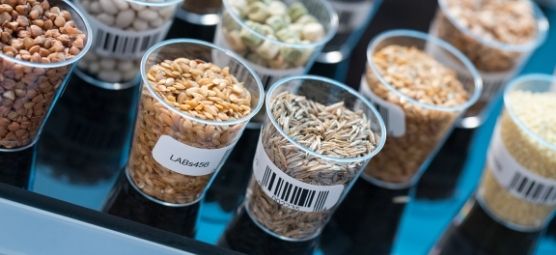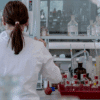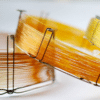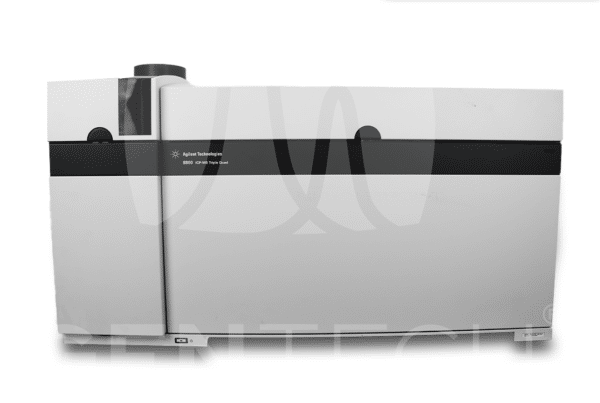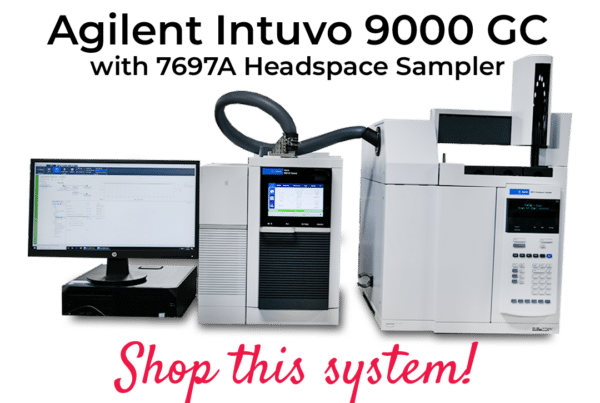Conducting food safety analysis using LC/MS equipment allows laboratories, corporations, and consumers to gain further insight into exactly what is in the products sitting on store shelves. From measuring acceptable levels of residual pesticide to identifying mystery components causing illness, LC/MS systems play a crucial role in ensuring consumer safety.
How LC/MS Equipment Works
LC/MS implements a combination of two powerful testing techniques, the first being Liquid Chromatography (LC) and the second, Mass Spectrometry (MS). Where the former uses pumps to pass the target material through an adsorbent until the various components are separated, the latter provides information regarding the molecular mass of each component and aids in the identification of each component.
These two processes combined allow laboratories in a variety of fields to analyze suspect materials with a high degree of sensitivity and more accurately determine the components present. The ability to separate materials into their various compounds plays an especially important role in food safety analysis, where the public’s safety is at risk should harmful components present themselves.
LC/MS Applications in Food Safety Analysis
There are a variety of chemicals and components that food products come into contact with from the moment they’re grown to when they end up on a consumer’s table. Among the components looked for in food safety analysis using LC/MS equipment are:
- Pesticides used during farming
- Antibiotics
- Marine toxins present in seafood
- Contaminants such as PAEs
The Impact of LC/MS Equipment
Alongside consumer desires for antibiotic-free meats, all-natural produce, and synthetic-free alternatives, food manufacturers have a responsibility towards protecting public health. They must be aware of unwanted or hazardous components in their product as soon as possible.
Beyond cautionary testing, LC/MS equipment usage becomes essential in efforts to identify causes of illness in consumers. The US EPA regulates the allowed amount of pesticide residue in foods. Though pesticides are limited in part due to their impact on the nearby environment, they are also a human health hazard known to cause skin irritation and hormonal imbalances. Targeted pesticide screening via LC/MS gives affected families answers and companies an opportunity to recall products.
At GenTech Scientific, we have become a trusted partner of labs across academic and commercial fields by providing instruments and services that you can rely on. We carry a wide array of LC/MS instruments ideal for food safety analysis, pharmaceutical development, and environmental testing services. Set your lab up for success and get your research back on track with our knowledgeable staff by your side.

